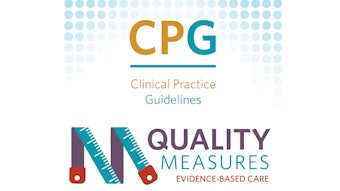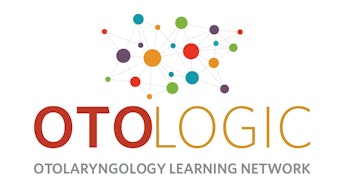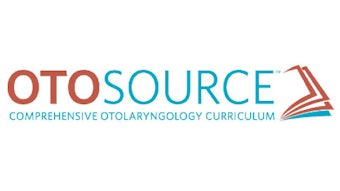You Are Not Going to Want to Miss This: Claiming Your Unique 2022 Annual Meeting Experience
Arrive Saturday for the combined Presidents’ Reception, September 10. Look for more information coming soon.
Daniel C. Chelius, Jr., MD
Annual Meeting Program Coordinator
With planning well underway for our AAO-HNSF 2022 Annual Meeting & OTO Experience and registration opening May 16, we are building on the events and encounters of what was an extraordinary gathering in 2021 in Los Angeles. As we did last year, we will continue to closely monitor the impact of the COVID-19 pandemic and put the necessary measures in place for the safety and health of all attendees and participants at the meeting.
Meeting together in person in 2021 was especially beautiful as I remember seeing so many smiles and hugs in hallway reunions. It really demonstrated how desperate we were to re-engage as a community. While we learned a lot about hosting a meeting over multiple platforms in 2021, the 2022 meeting will be built on the strength and lessons learned from more than 125 years of our meeting as a key pillar of the organization.
If we step back and think about what the Annual Meeting really is at its core, we must return to the very first meeting in 1896 in which every attendee brought a paper to present and discuss with the other participants. The construction of that first meeting started with individuals agreeing to attend, followed by scientific discussion and debate. Some of the papers would hold up in a modern scientific oral presentation format, whereas others were about identifying some problem or impediment to patient care and beginning to explore solutions with colleagues. Year after year since, the science and education offered at the Annual Meeting have become critical for our membership and the patients and communities each of us serve. The AAO-HNS/F, and really the entire house of otolaryngology today, has this meeting at its core in which we all serve by showing up, bringing our observations, engaging in debate, and developing and realizing our own future.
At the Center of Your Own Unique Experience
The Annual Meeting offers something for everyone no matter what level of career, focus, or practice setting. There are incredible opportunities for engagement that go beyond the session rooms, and include the programs offered by the Section for Residents and Fellows-in-Training, Young Physicians Section, Women in Otolaryngology Section, Board of Governors, Private Practice Study Group, committees, and more. I cannot express enough how important these opportunities for engagement are—not only to us as an individual attendee, but also to the Academy to hear from the greater, collective voice of those of us who have committed our life’s passion to the specialty and our patients.
As Meeting Coordinator, I hope that all attendees at the Annual Meeting know that we are individually at the center of our Annual Meeting experience, and that each experience will and should ideally be different from anyone else’s. We want the meeting to serve the needs of both the subgroups within our organization, and those of each individual attendee. When you show up to the Annual Meeting, you become immersed in the global otolaryngology community in a way that supports both you and the specialty. Your registration affords you access to a plethora of opportunities to learn and expand your knowledge base, participate in mentoring activities, and share your voice in engaging ways.
The Many Faces of Mentorship at the Annual Meeting
The best way for all of us to help others make the most of these unique opportunities is through mentorship. It is the gift that has been afforded to me by so many throughout my Annual Meeting experiences, and it is the gift that I can hope to pay forward as an investment in the those coming behind me, in my peers, and honestly in myself.
In the traditional sense, there is an important opportunity to mentor our residents and medical students at the Annual Meeting. If they have come to the meeting to do a poster or oral presentation, we have mentored them in the development of those presentations. I tell my residents that if the only thing you get out of the meeting is a presentation and line item on your CV, then you have missed a huge opportunity. This is where you can develop mentors outside of your program and engage with your peers in ways that can reverberate throughout your career. I think it is ideal to meet with trainees both before and after the meeting to set goals for the meeting and to debrief on those goals and potential follow-up opportunities.
Beyond this type of structured approach, mentoring can also happen as a quick conversation in the hallway or in the back of a session room. I had the opportunity to discuss my own critical career decisions with existing mentors simply because I got to see them in person. I had colleagues I met through committee service step into spontaneous mentoring roles to connect me to others who have the same passion for my specific focus of pediatric head and neck surgery. I had the fortune to expand my circle of mentors by taking advantage of the various ways to get involved with the Academy’s sections and to share my voice through those forums available to us.
One of the most underrated elements of attending the Annual Meeting is the exposure we have to critical peer mentoring moments. As we come up through our professional careers, no matter how established we are, it is often hard to access unbiased, honest peer-level mentorship in our practices or programs. But the Annual Meeting is a wonderful place to develop those peer mentorships. These individuals are friends, honest critics, and guides who can help us work through common obstacles. I can't overstate the importance of those peer relationships we can all develop by attending the Annual Meeting.
A Community Culture
I don't think there is any better place to understand the global community of otolaryngology than at the Annual Meeting. Coming to the meeting is a critical professional development opportunity, not just for education content, and not just for developing mentorships, but also for just getting a grasp and understanding of all that is out there that is otolaryngology. It is also an excellent opportunity to sharpen our emotional and social intelligence and our presentation and networking skills in a nurturing environment with a community that supports us.
This is a meeting where everyone is open to and expecting to meet new people and to engage with a community that is not their usual. That is a wonderful thing for all attendees. Our global otolaryngology community has really rallied around the Annual Meeting. In our joy to be together in LA, so many of us acutely felt the understandable and necessary absence of so many of our colleagues, particularly our international colleagues, who were unable to be with us due to travel restrictions and mandates. Hopefully a reunion of our full global otolaryngology community will become a reality this fall in Philly.

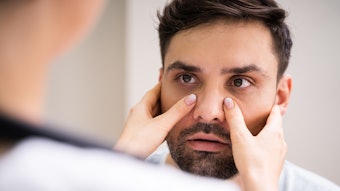

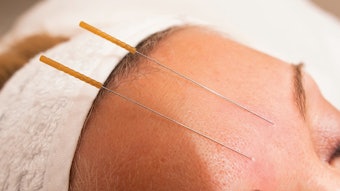
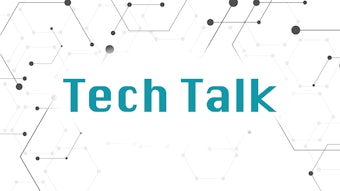
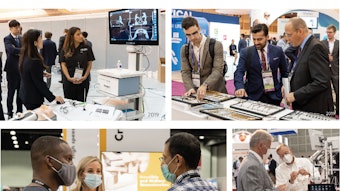
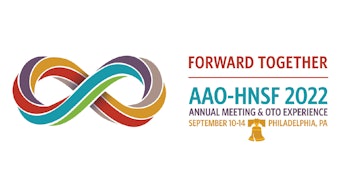
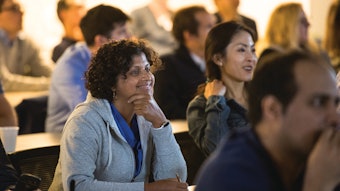
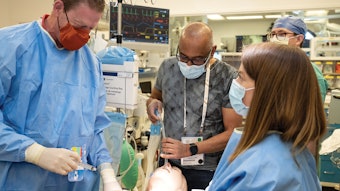
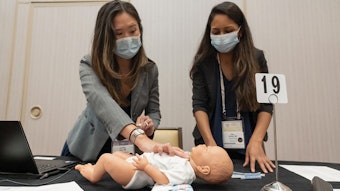

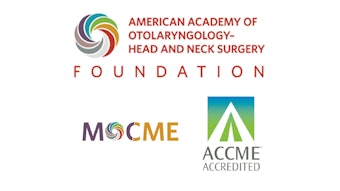
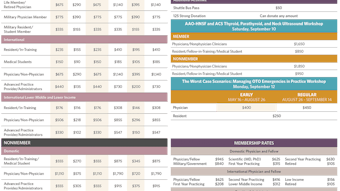
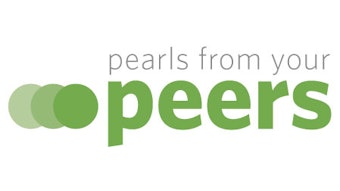
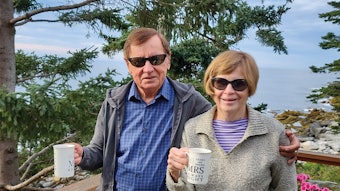
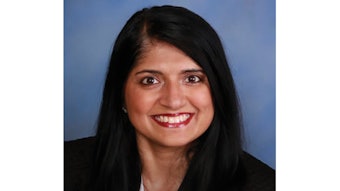
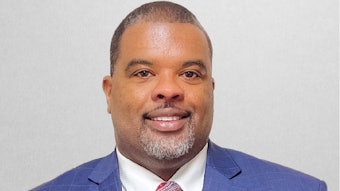
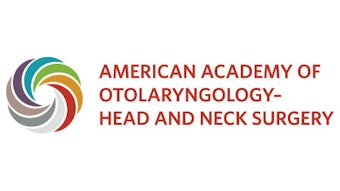
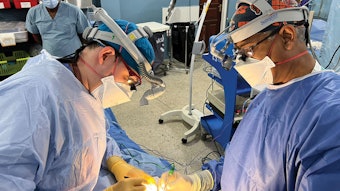
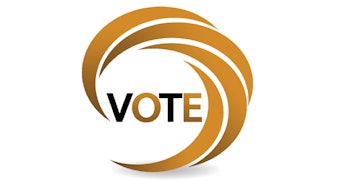
![03 Bites Better Hearing And Speech Graphic [converted]](https://img.ascendmedia.com/files/base/ascend/hh/image/2022/04/03_Bites_Better_Hearing_and_Speech_graphic__Converted_.6268225925563.png?auto=format%2Ccompress&fit=crop&h=191&q=70&w=340)
